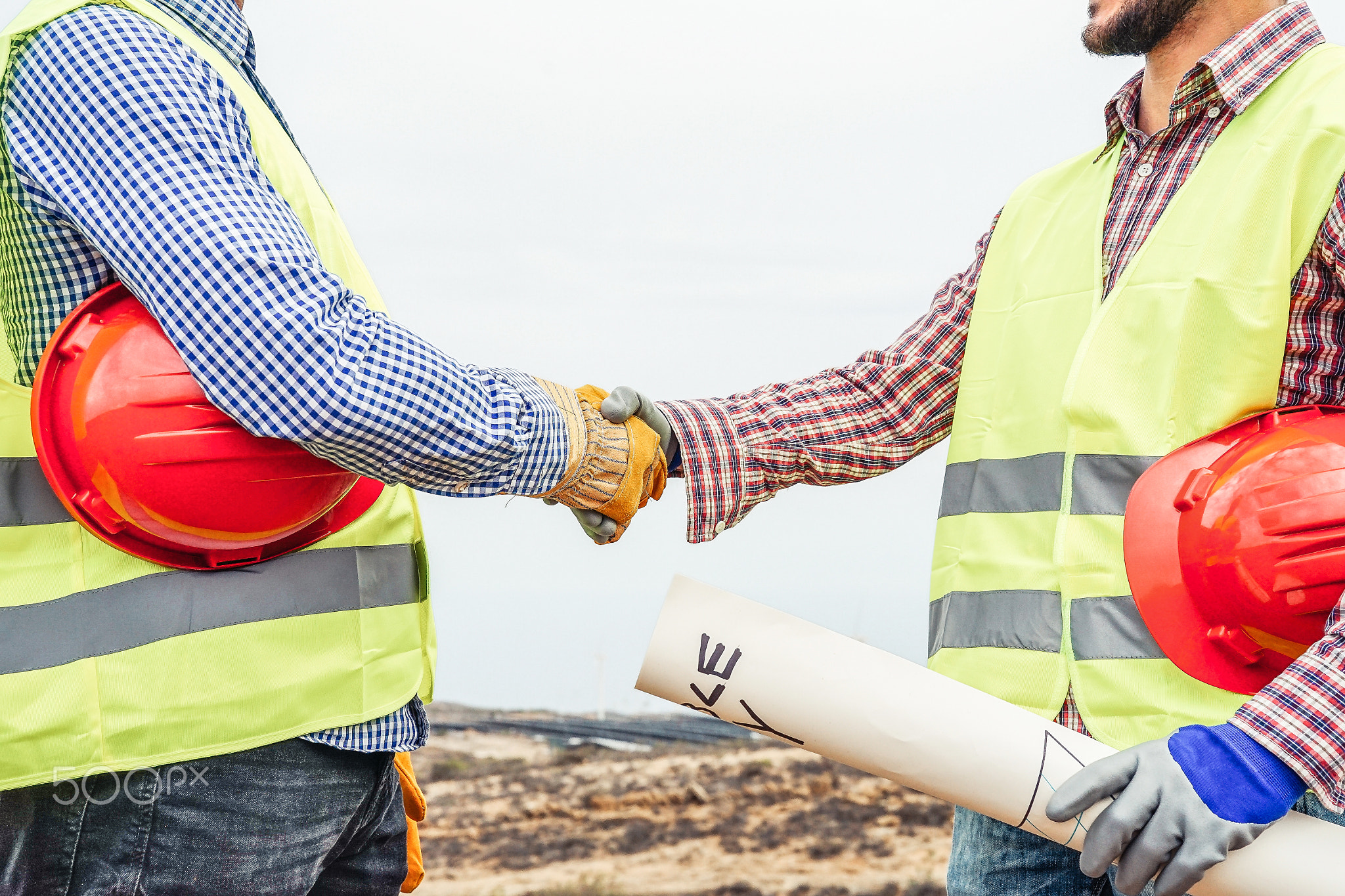What is a Stormwater Inspector?
A stormwater inspector is a professional responsible for inspecting various stormwater management facilities, including construction sites, industrial facilities, and municipal infrastructure. The primary responsibility of a stormwater inspector is to ensure that the facilities comply with federal, state, and local regulations related to stormwater management.
Qualifications of a Stormwater Inspector
The qualifications for a stormwater inspector may vary depending on the regulatory agency, job requirements and the level of experience. Required training, ongoing professional development, and certifications are a common qualification. Some employers may require a bachelor’s degree in environmental science, engineering, or a related field. Experience in construction, stormwater management, and environmental regulations is also preferred.
Duties of a Stormwater Inspector
The duties of a stormwater inspector may include the following:
- Conducting inspections of construction sites, industrial facilities, and municipal infrastructure to ensure compliance with stormwater regulations.
- Identifying violations and providing recommendations for corrective actions.
- Preparing and maintaining inspection reports and records.
- Providing technical support to facility owners and operators to help them achieve compliance with stormwater regulations.
- Communicating with regulators and other stakeholders to coordinate inspections and ensure compliance with applicable regulations.
Types of Stormwater Inspections
There are several types of stormwater inspections, including:
- Construction site inspections: These inspections are conducted during the construction phase to ensure that stormwater management measures are in place and functioning properly.
- Industrial facility inspections: These inspections are conducted at industrial facilities to ensure that stormwater management practices are being implemented and are in compliance with regulations.
- Municipal infrastructure inspections: These inspections are conducted to ensure that stormwater management infrastructure, such as storm drains and detention ponds, are functioning properly.
Common Violations and Enforcement Actions
Some of the most common violations found during stormwater inspections include:
- Failure to implement Best Management Practices (BMPs) for stormwater management.
- Failure to maintain stormwater management facilities.
- Failure to properly store, handle, or dispose of hazardous materials.
- Failure to obtain necessary permits or approvals.
Enforcement actions for regulatory stormwater inspectors may include issuing a warning or notice of violation, assessing fines or penalties, requiring corrective actions, or seeking legal action.
Importance of Stormwater Inspections
Stormwater inspections are critical to ensure compliance with stormwater regulations and protect public health and the environment. Inspections help to identify and address potential sources of pollution and reduce the risk of stormwater runoff, which can cause flooding, erosion, and damage to infrastructure.
Summary of the Role of a Stormwater Inspector
In summary, a stormwater inspector is responsible for ensuring compliance with stormwater regulations and protecting public health and the environment. They conduct inspections of construction sites, industrial facilities, and municipal infrastructure to identify violations and provide recommendations for corrective actions. Stormwater inspectors play a critical role in ensuring that stormwater management practices are properly implemented and functioning as intended to reduce the risk of stormwater runoff and pollution.
Check us out in 15 Best Stormwater Management Blogs and Websites by FeedSpot!


I thought it was informative when you talked about how a stormwater inspector can help facility owners achieve compliance with stormwater regulations. I would think that facility owners need to make sure that their buildings have the proper drainage systems and that they lead to the right places. It seems like an inspector would need to make sure that a building has the right drainage systems before it can be used.